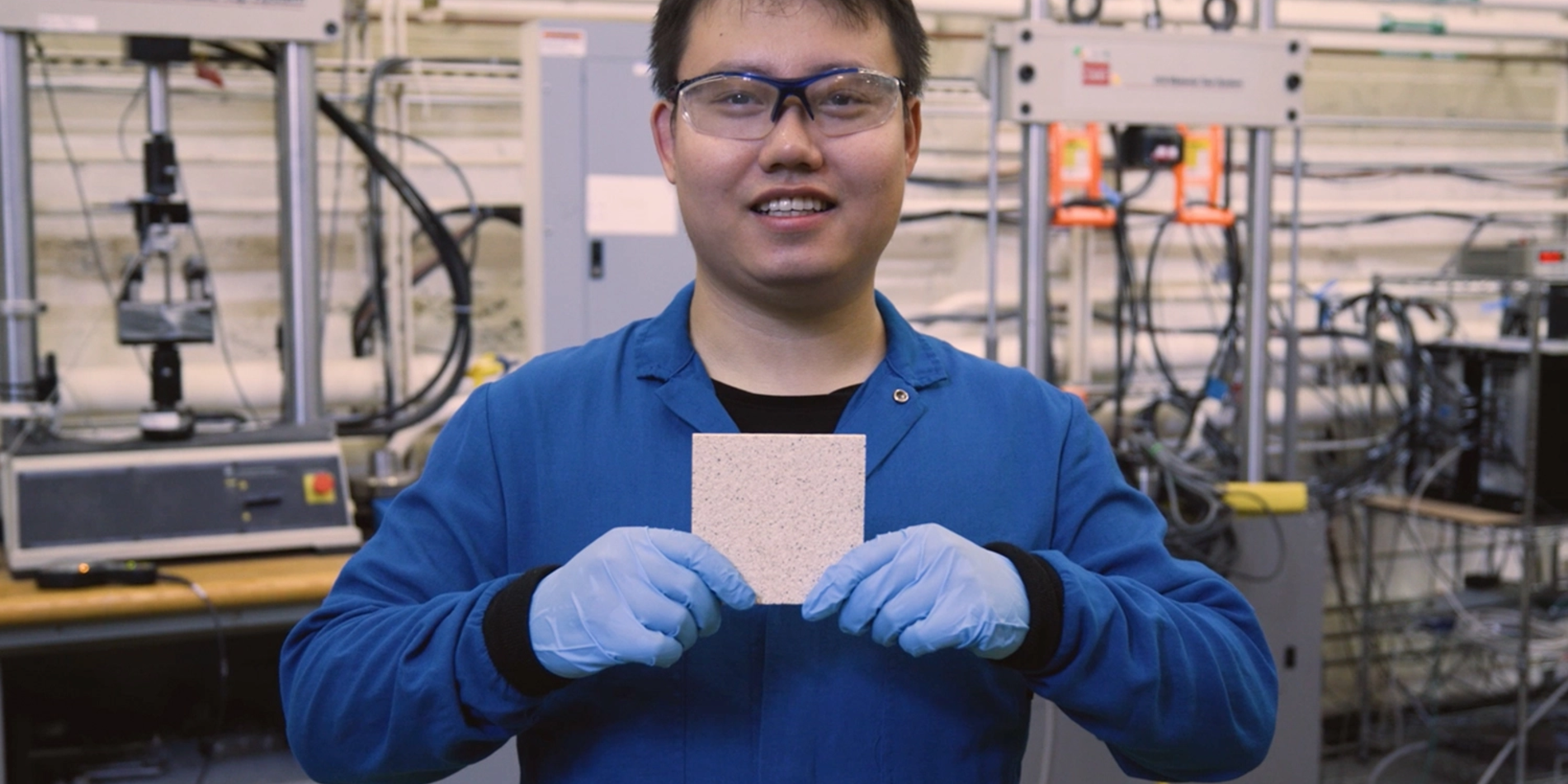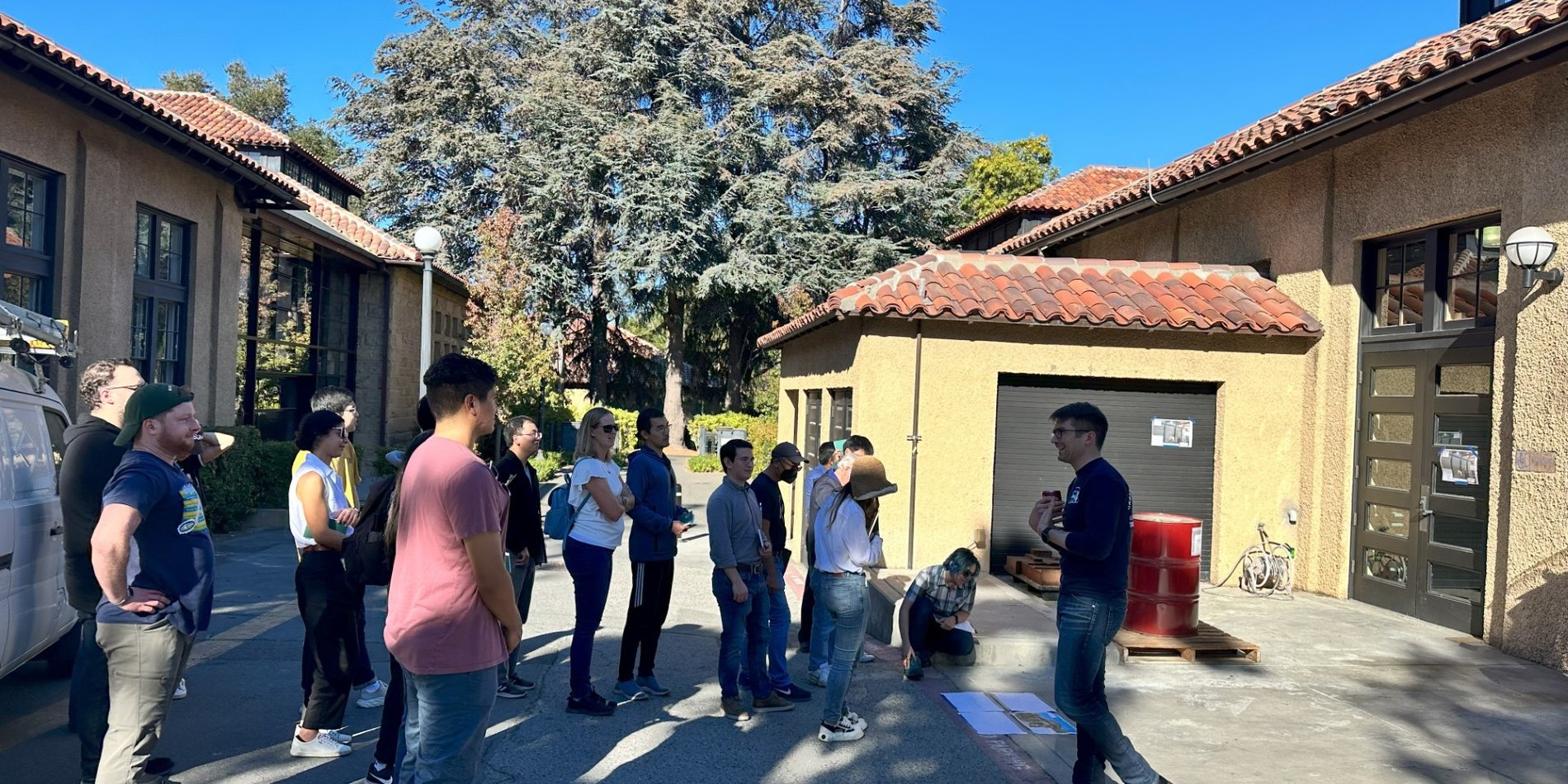Professor Michael Lepech has been awarded an NSF Faculty Early Career Development Program grant for work on "Multi-Physics Modeling for Probabilistic Design and Engineering of Sustainable Infrastructure".
This Faculty Early Career Development (CAREER) Program grant will create new, science-based, computer models to accurately predict the deterioration of reinforced concrete infrastructure. Physical infrastructure forms a foundation for our quality of life and enables national development and progress. However, the design of bridges, dams, and other structures that are safe, efficient, and long lasting, while also socially, environmentally, and economically sustainable, has not proven to be straightforward. Our deteriorating infrastructure continues to require larger maintenance budgets, while consuming vast material resources and energy. The new models created through this research will result in the design of infrastructure systems that reduce economic cost, environmental emissions, and negative societal impacts over their decades-long life cycles. An important innovation of these models is their ability to consider uncertainty. Uncertain future events may include evolving use patterns of infrastructure, a changing climate, or the introduction of new, more sustainable, construction technologies. By rethinking the design and management of our national infrastructure, results from this research will benefit the United States economy, environment, and society. The research involves a number of disciplines including civil engineering, material science, electrochemistry, and industrial ecology. This multi-disciplinary approach will be leveraged to increase participation of underrepresented groups in research and education at the undergraduate, graduate, and practicing professional levels.
Future reinforced concrete design standards should couple physics-based models of materials and structures with probabilistic reliability-based methods in order to design safe and efficient structures. To advance the field of sustainable infrastructure design, this research engages in development of (i) multi-physics, multi-scale numerical models for deterioration of reinforced concrete structures exposed to harsh environments, (ii) probabilistic life cycle assessment models that capture the full life cycle impacts of reinforced concrete materials, and (iii) reliability-based design approaches for infrastructure systems that meet economic, environmental, and social sustainability limit states. Deterioration models will computationally link physiochemical processes of ion transport, reinforcement corrosion initiation, and corrosion propagation at smaller scales with finite element models of degraded reinforced concrete structures at larger scales. When orthogonally integrated with probabilistic life cycle impact measures, the evolution of future economic, social, and environmental impacts of reinforced concrete infrastructure can be computed, along with its likelihood of meeting long-term, sustainability-focused, impact reduction targets. Ultimately, this research provides a pathway for integrating sustainability-focused design goals into modern structural engineering design methods.


